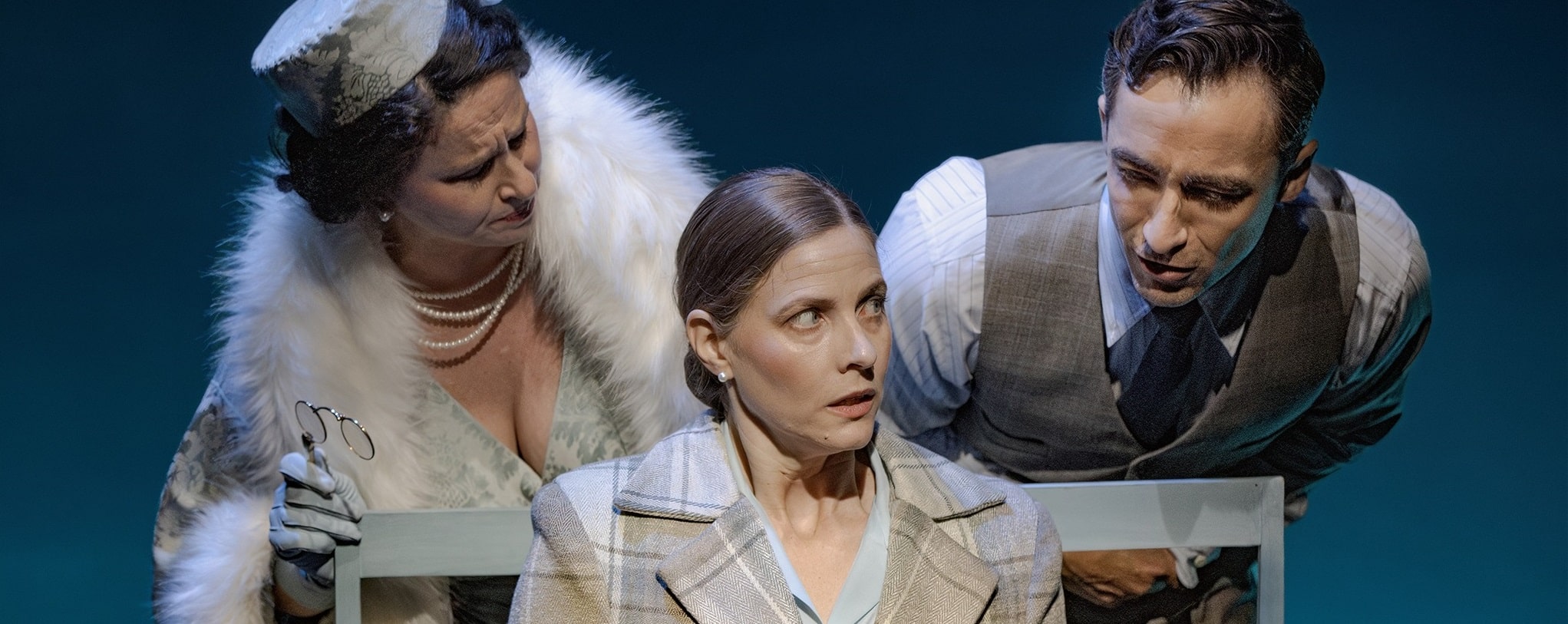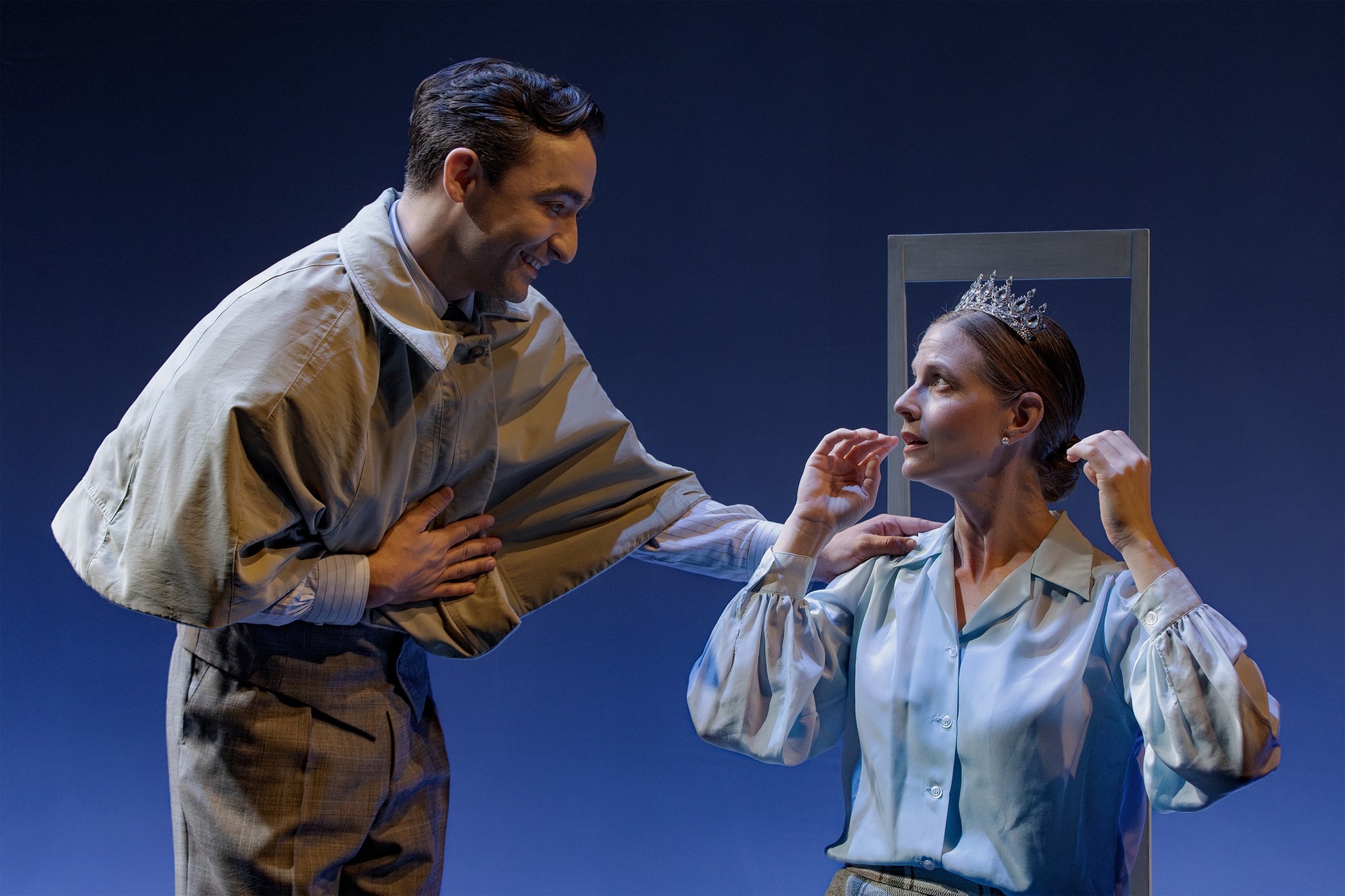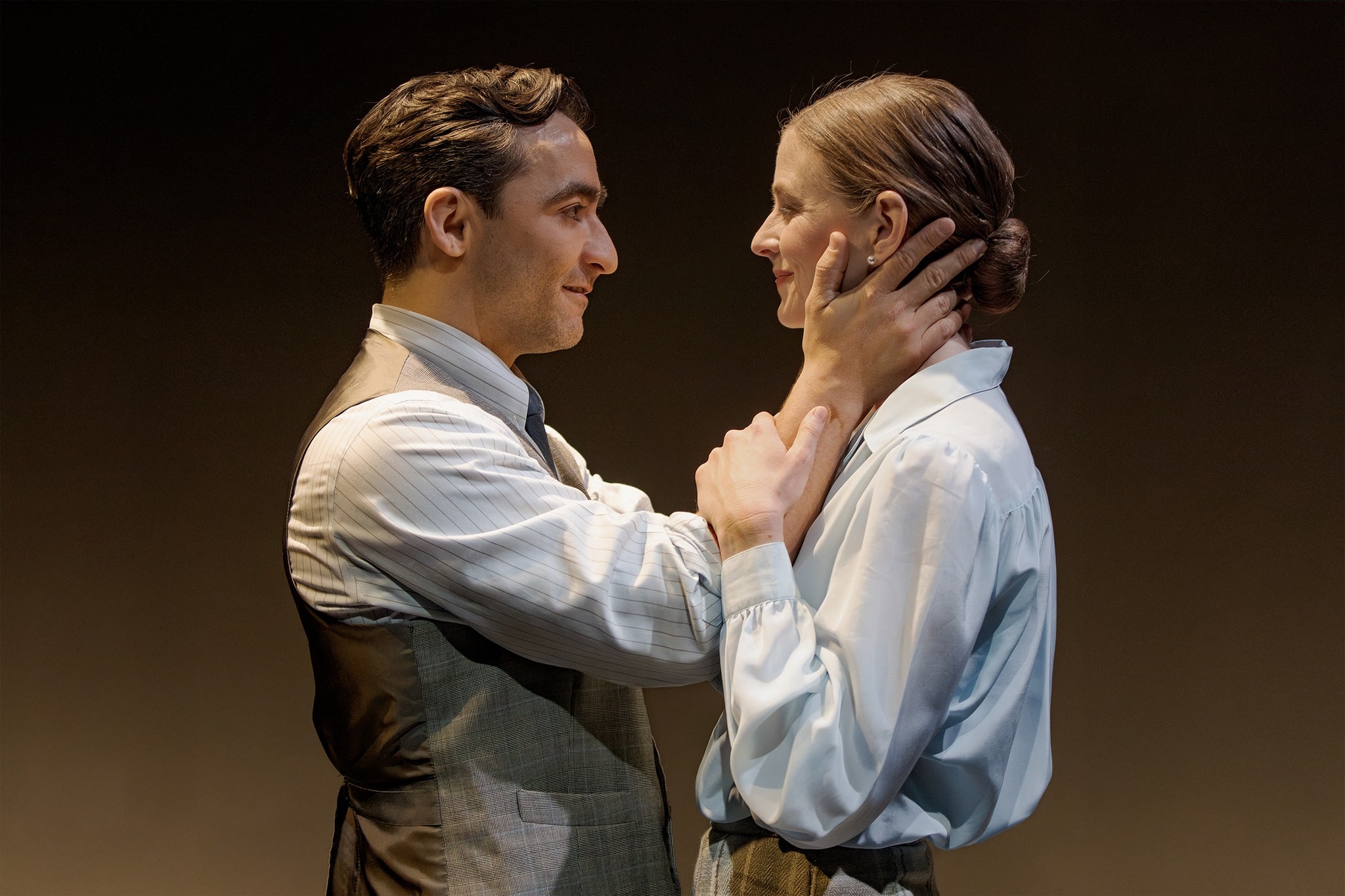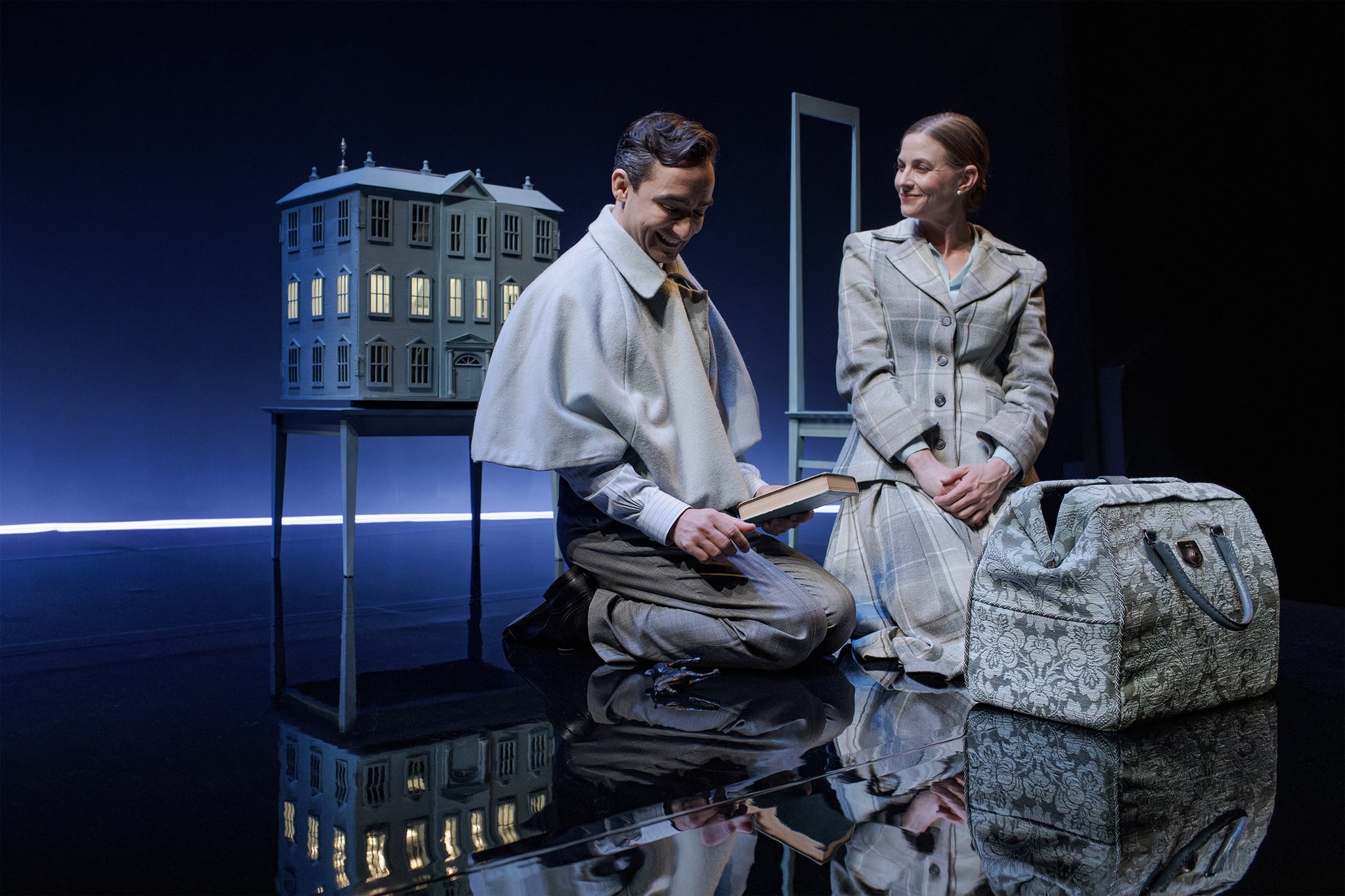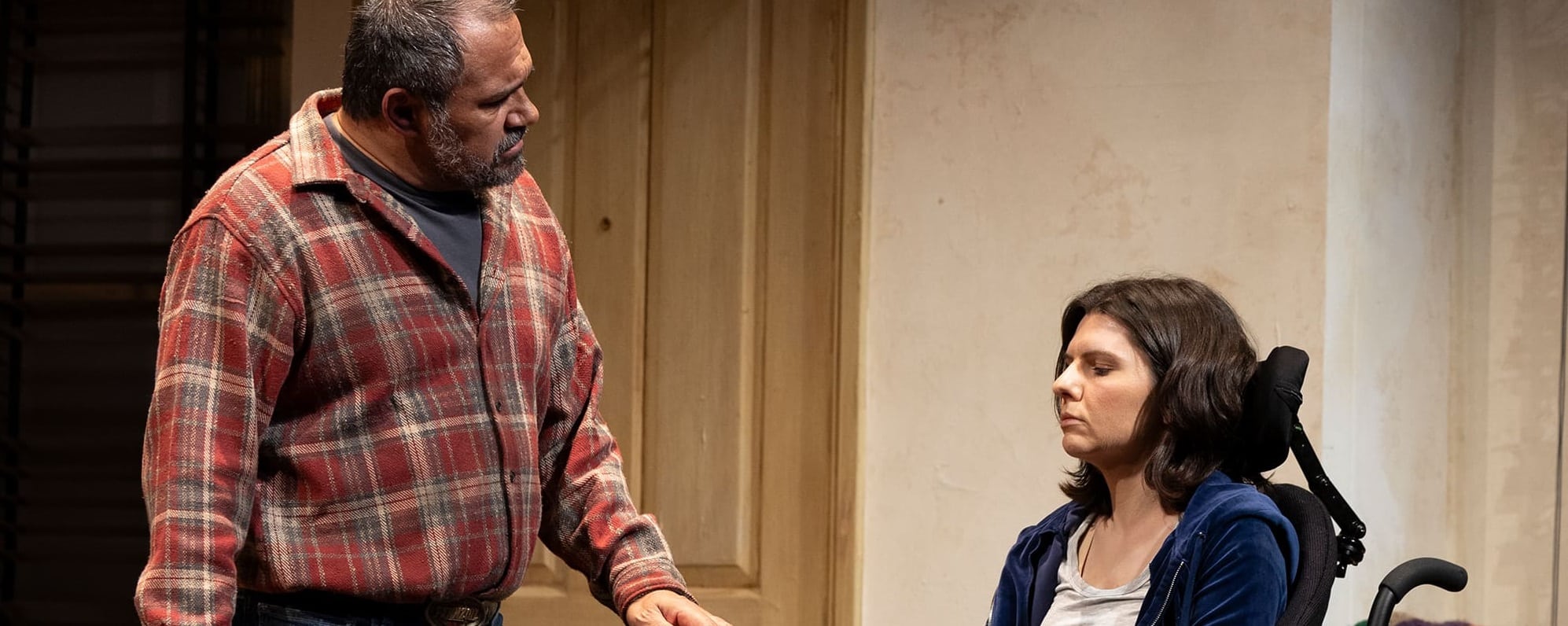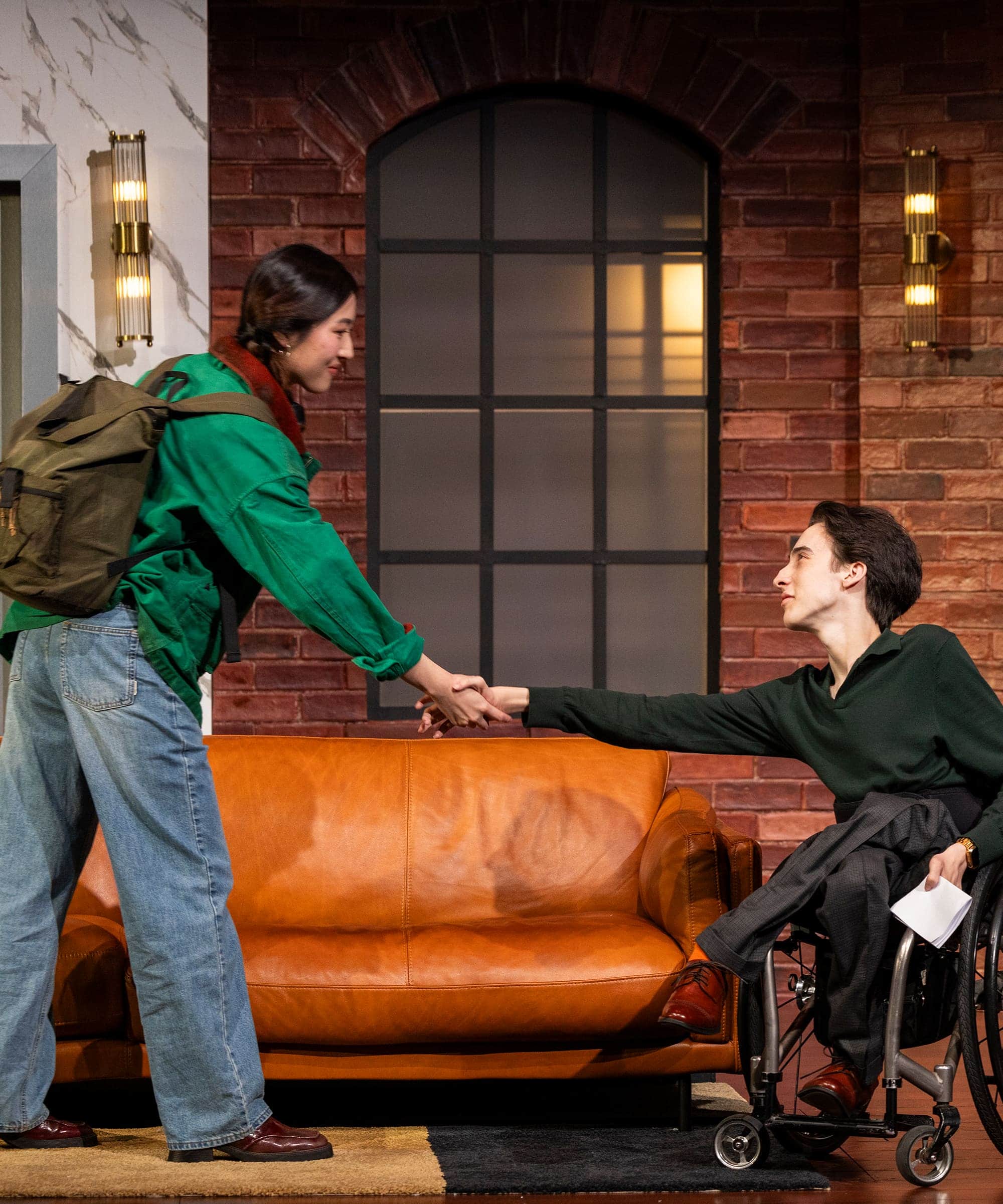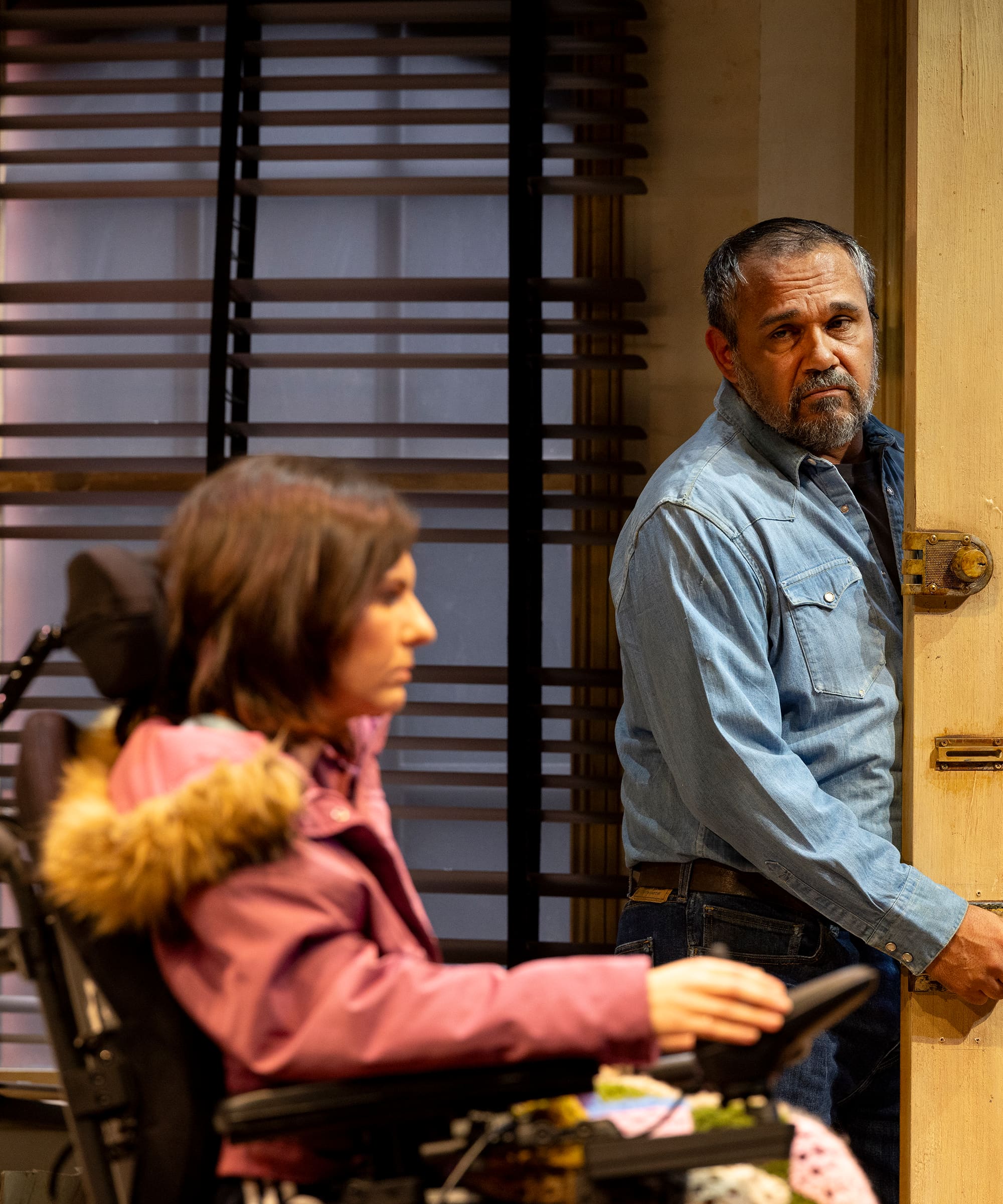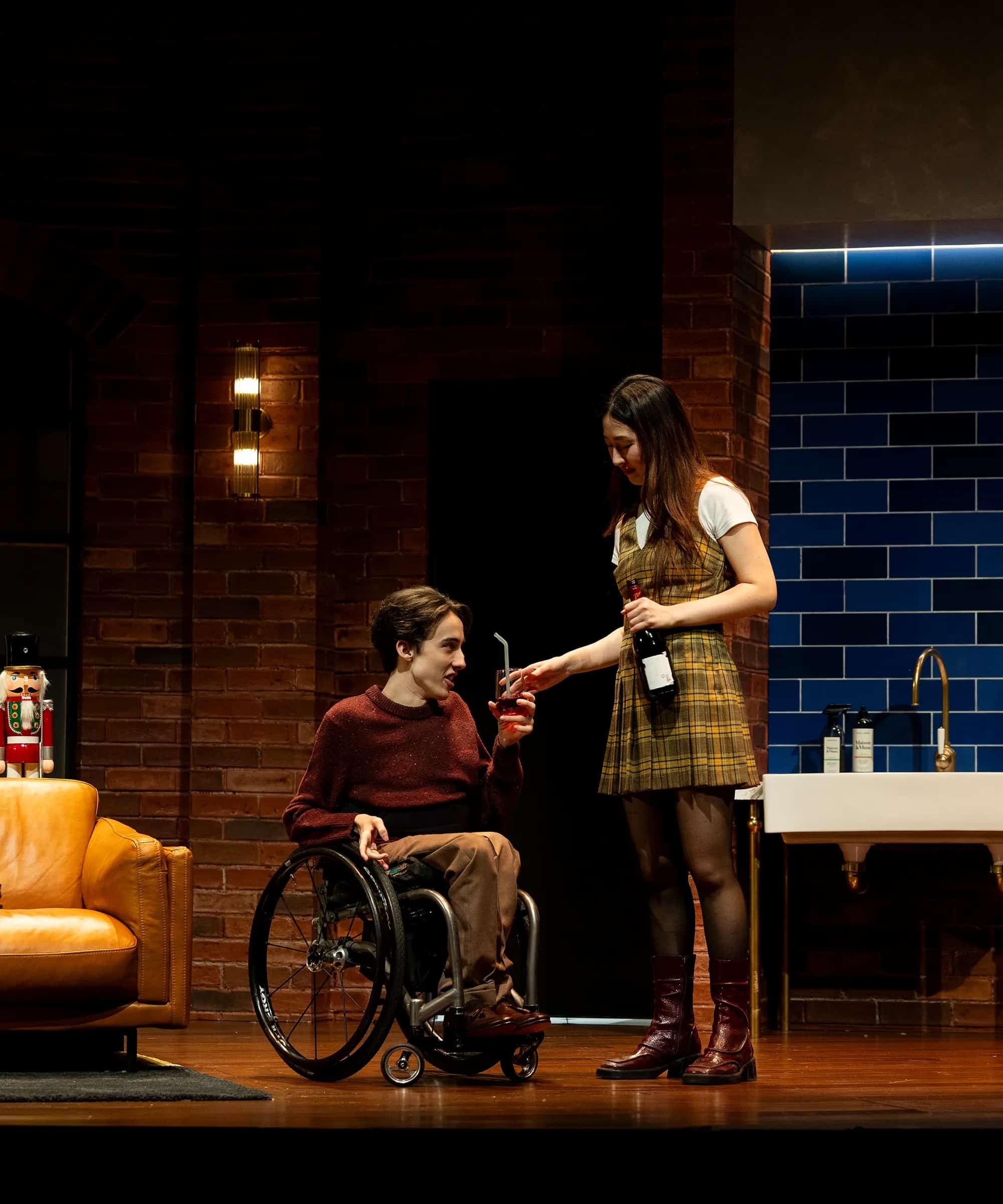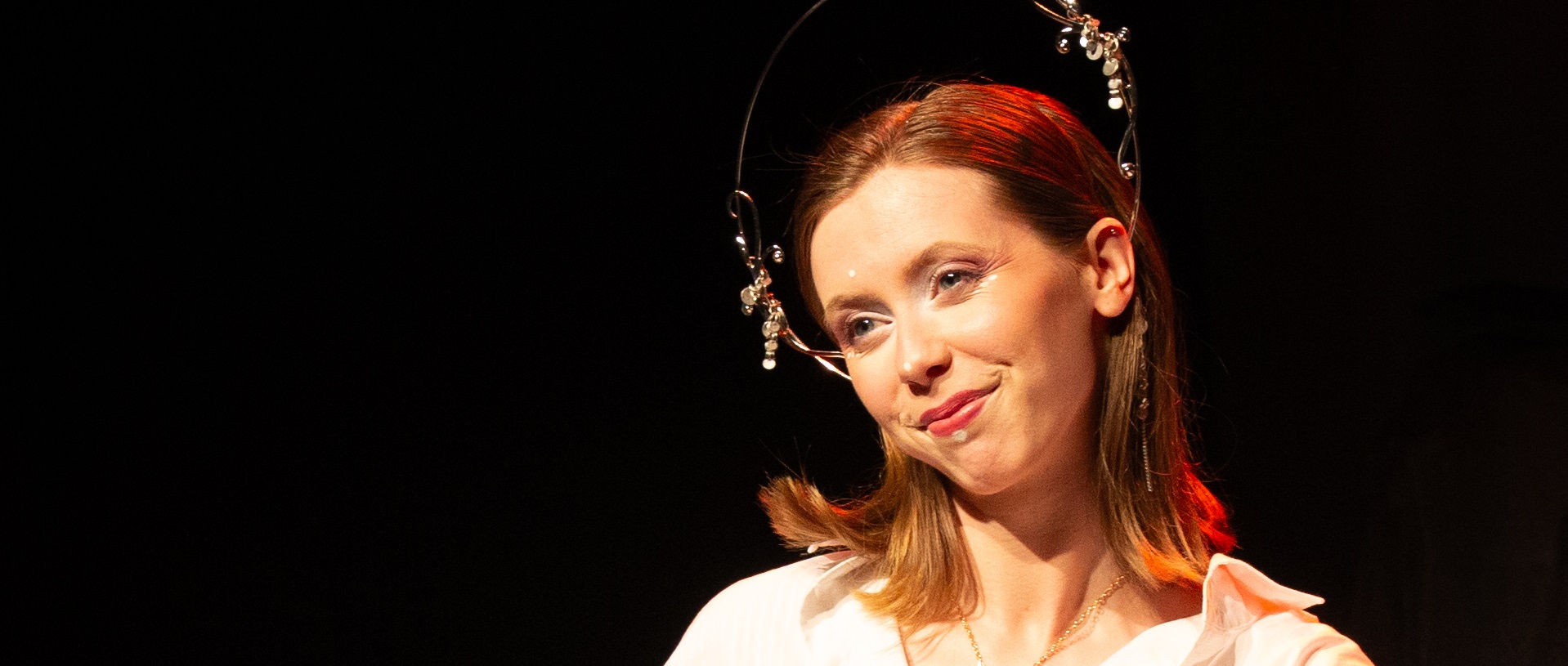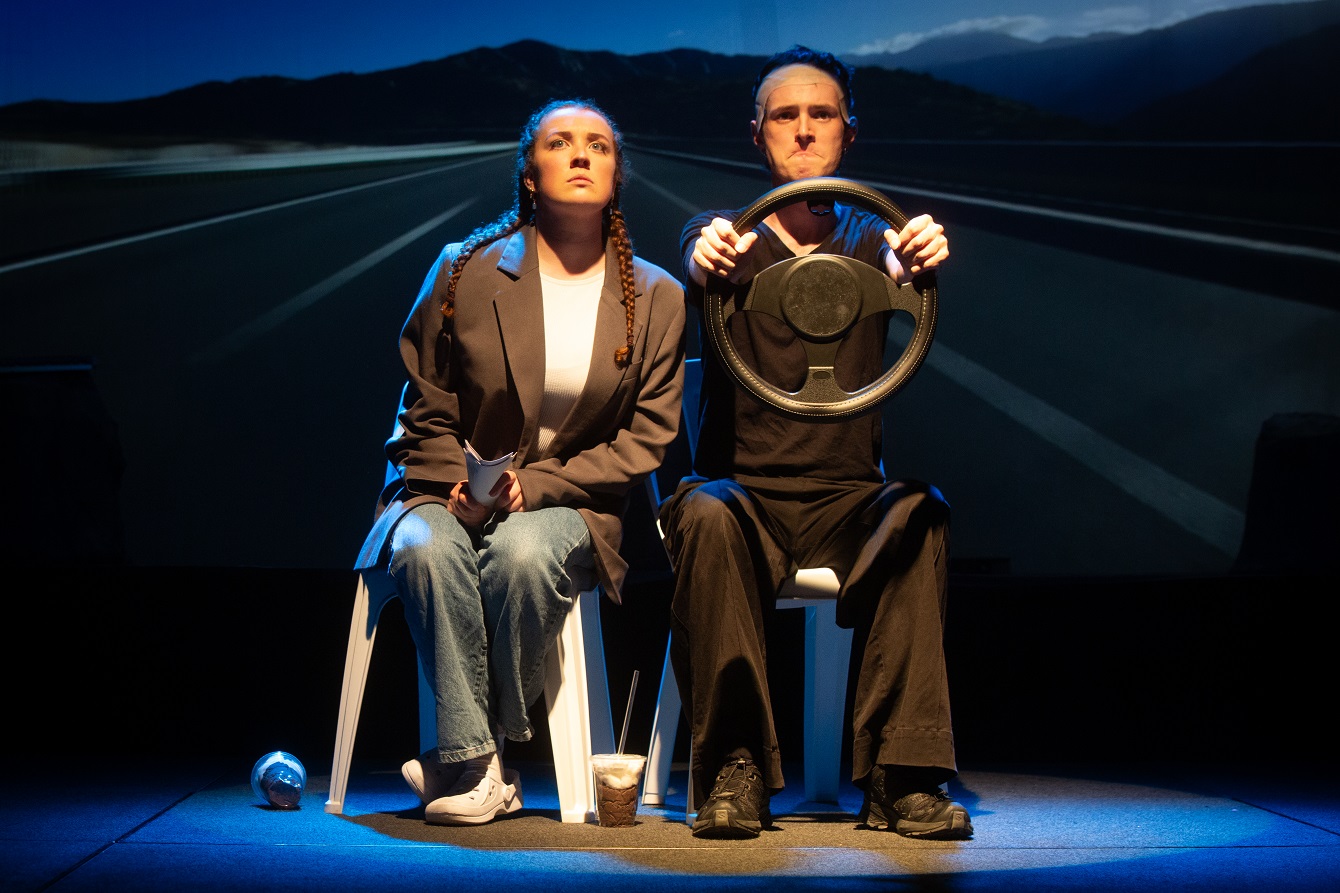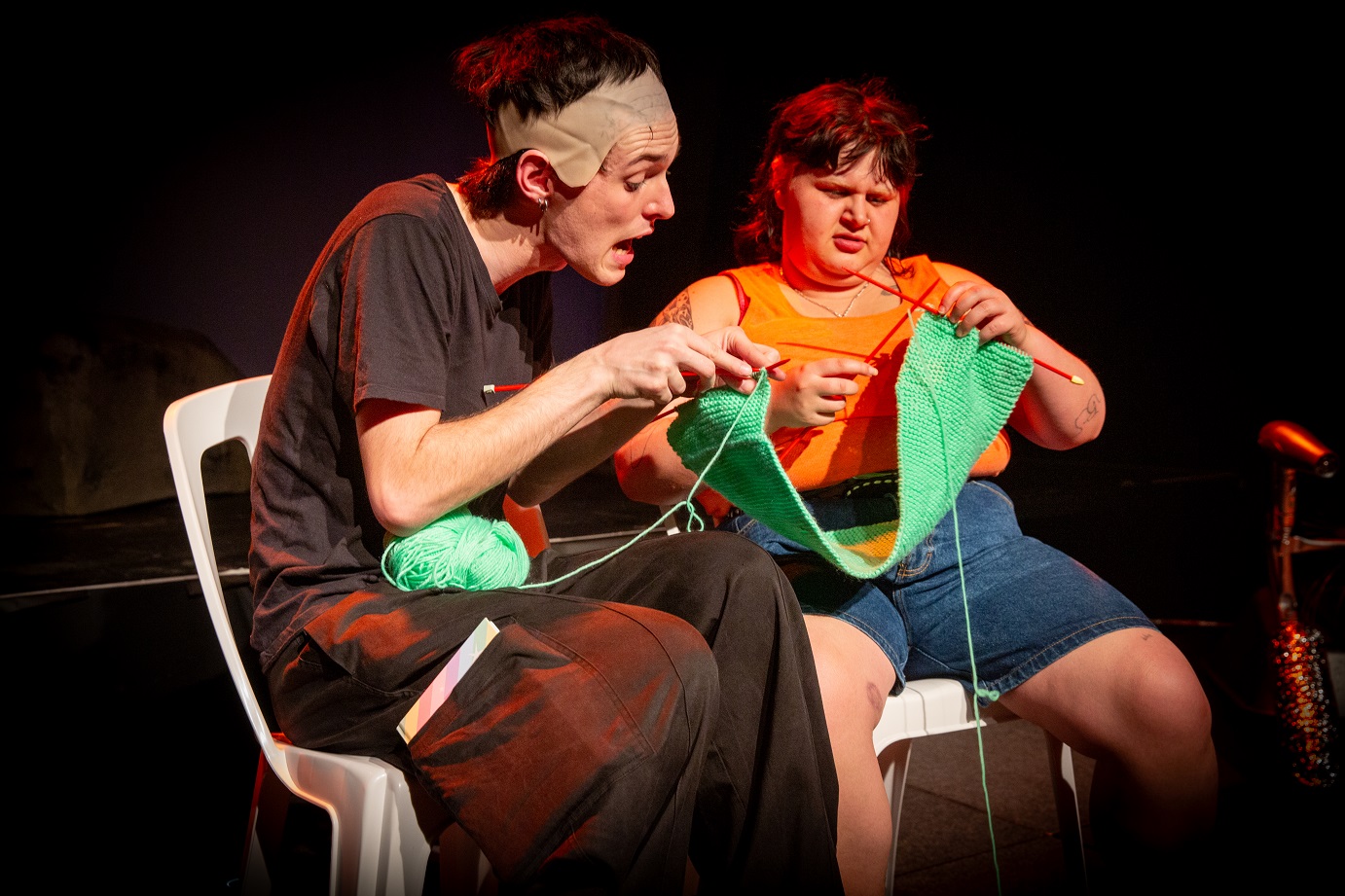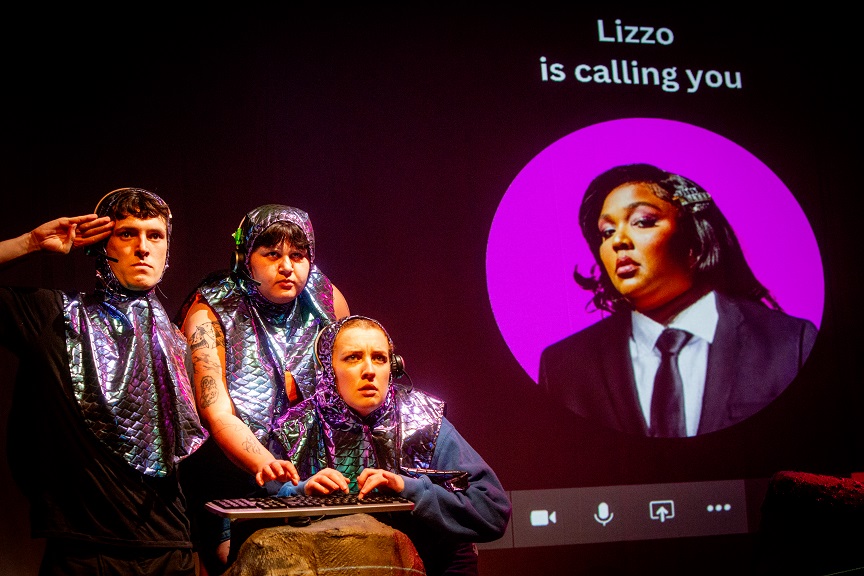‘Feared and Revered—the Women of Shakespeare’ at the Genesian Theatre amalgamates several of Shakespeare’s well-known characters, scenes, and plays with modern backdrops and ideologies. The play, written and directed by Tui Clark, transports its audience to a place where Shakespeare’s women are allowed to have complexities and contradictions all at once, other than the usual good/bad, married/unmarried dichotomies.
The Genesian Theatre itself added to the essence of performance. The beautiful stained-glass windows and intimate size made it easy to become part of the story, especially when actors would situate themselves in or around the audience for entrances or exits.
It was interesting to see how different soliloquies and passages were paired together to create a tapestry of womanhood and femininity of the past and present. I also loved the simplicity of the props and costuming. A tie or a feather boa was enough to symbolise a different character and the location in which these women found themselves together. I especially loved the technical elements that added to the themes of each scene. Layering voices that led into a beautiful delivery of ‘All the World’s a Stage’, from As You Like It to begin the show was a beautiful tie-in with the ‘stages’ of womanhood that followed.
The cast was an incredible collective of women who brought to life 30 women across Shakespeare’s collection of works. It was difficult at times to understand what was being said, but it made it feel more authentic, as a lot of Shakespearean language was completely made up. All audience members were in the same boat when it came to simply listening to the dialogue rather than taking in the context in which it was being said.
Some of the more famous monologues or characters were much easier to spot, but the lesser-known characters or plays had to be viewed in context. It’s important to remember that you’re not supposed to grasp the meaning behind each word spoken immediately, but the way the words are spoken and in which scenes they’re performed in.
Among the talented cast, Liz Grindley stood out with an exceptional stage presence and managed to capture the essence of Cleopatra (among others) in her final moments. The ease with which she moved around the stage and carried each woman in her words and body made it difficult to look away from her, even when she was not speaking.
Charlotte Bromley gave her all to each character, whether the provocative Witch from Macbeth or the hysterical and grieving Ophelia. Bromley captured the audience’s attention and gave them a performance that transcended language.
The closing monologue from Taming of the Shrew, performed by Ali Bendall, was delivered with such reverence and emotion that I had to immediately go and search it up just to read it again. Despite obviously being written by Shakespeare several hundred years ago, Bendall made it her own. In those few moments, I was completely in awe of what was coming out, and you could have told me that she wrote it herself or went off script to say what she was thinking, and I would have believed you.
I recommend grabbing a ticket for yourself and some friends and family to see this beautiful performance before the curtain closes. Even if you don’t know a lot of Shakespeare, these women bring their own elements to the timeless dialogue that draws you in and captivates.
Don’t miss out on these remaining performances – Wednesday, 23rd, and Thursday, 24th October at 7:30pm and Saturday, October 26th, at 2:30pm.
Grab your tickets from https://GENESIAN.sales.ticketsearch.com/sales/salesevent/138915
This review also appears on It’s On The House. Check out more reviews at Whats The Show to see what else is on in your town.
